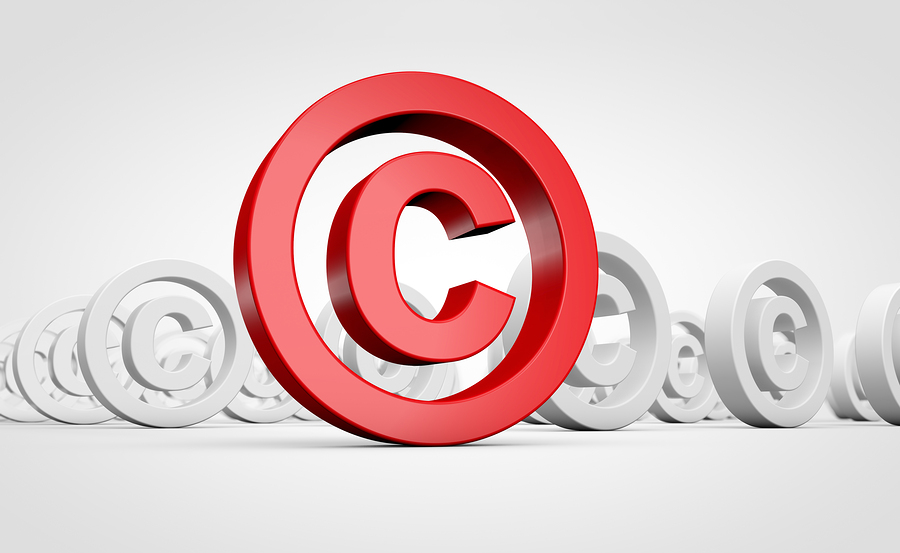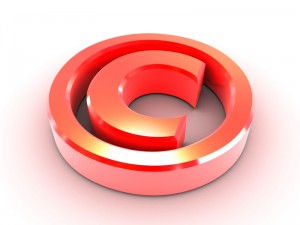Have you checked your copyright lately? I mean, have you actually gone to the US Copyright Office website and searched for your registration? You might be surprised at what you won’t find. Here is the link to start your search.
Most publishing contracts have a clause that requires the publisher to register the copyright, in the name of the author, with the US Copyright Office. This is supposed to be done as part of the in-house paperwork process. In addition, indie authors tend to forget this step to protect their work.
If you do not find your book, don’t panic.
I repeat. If you do not find your book title, don’t panic. The copyright law is very specific that your work is still protected by the law. However, having it officially registered guarantees your protection. If someone steals your story, your characters, etc., you have to be able to prove when you wrote it originally. That provenance is the key to your protection of your intellectual property.
If you are a published author and you do not find your work registered, contact your publisher in a kind voice and request that they comply with the requirements of your contract on this issue. Some may even have a copy of the certificate of registration on file that they can send you.
Don’t assume, if you can’t find it online, that your publisher failed. It may be that you didn’t do the search correctly. (Never underestimate the power of user error.) Or maybe the title or your name was misspelled in the registration process. That is why it is important to stay calm and make a reasonable request for help from your publisher. Your agent cannot do this for you since you are the copyright holder; the agent is not.
So, if copyright is automatic upon creation, then why check for your registration? The government’s site FAQ has some great answers to that question:
- Copyright registration establishes a public record of the copyright claim.
- Before an infringement suit may be filed in court, copyright registration is necessary for works of US origin.
- If made before or within five years of publication, copyright registration will establish prima facie evidence in court of the validity of the copyright and of the facts stated in the certificate.
- If copyright registration is made within three months after publication of the work or prior to an infringement of the work, statutory damages and attorney’s fees will be available to the copyright owner in court actions. Otherwise, only an award of actual damages and profits is available to the copyright owner.
- Copyright registration allows the owner of the copyright to record the registration with the US Customs Service for protection against the importation of infringing copies.
In the past I made the mistake of telling people that you can just mail yourself a copy of your manuscript (and not open it) to let the postmark be “evidence” of the date of creation. This is also known as “poor man’s copyright.” Unfortunately, there is nothing in the law that says this is sufficient. Use the online registration service and pay the $35 fee if you wish to register your material yourself.
By the way, try not to be tempted to copyright your work before sending it to agents or showing it to editors. This could create some duplication of records if the book is traditionally published. For a more complete understanding, take Sally Stuart’s class for only $6 at The Christian Writers Institute (course link here).





Thank you for posting this, Steve. I searched my title and then my name…nothing. I will kindly contact my publisher this morning.
THANK YOU for this helpful information. Does this also apply to non-fiction memoir? I would think it would be difficult/impossible for someone to steal one’s story.
Yes, it might be difficult. But not impossible.
The point of copyright registration is to create a point in time where your claim of origin can be proved in a court, if there is a situation warranting the case.
Thanks for always keeping us up to date, Steve!
Thank you, Steve. I never even thought about this. I did a search and found the books from several publishers, but one publisher was missing. I plan to check today.
I am so glad you addressed this. I had a terrible time finding my work on their site but finally did. It took some effort and a lot of frustration. So this is extremely helpful. However, the last time I registered something which was a screenplay it cost me $55. I don’t know if that was because it was a screenplay. I register a book a couple of months ago and it was $40. They may have varying fees.
Page 7 of this circular from the copyright office shows the current fees.
https://www.copyright.gov/circs/circ04.pdf
I can only go by what they make available.
Maybe you paid an extra amount for using a credit card or portal that charged and extra $5 for the service.
One could go a long time without getting this sort of information. I really appreciate the knowledge and insights you and your team provide for writers on a wide variety of topics. I purchased the course as well. Thank you!
Thank you for posting this, Steve. I searched for a title I indie published in 2002, and there it was (I must’ve known more than I remember knowing!) A new and improved version of the novel is coming out next year, and I’m happy there’s evidence the characters and I go way back.
I wish I could post the “The More You Know” gif. Very helpful information!
Hi Steve–
I know that it’s been good moral practice in your business to discard or return materials. But in this day and digital age, once a digital copy has been posted on a web server, the work has been effectively published.
If nothing else, this is a gray area of whether or not the work has been published, but the point is that this is where the unscrupulous live to steal works and can register that work and secure the five bullet points of protection ahead of the actual creator.
The work should be protected by the author, in my humble opinion, by registering the work as you suggested. This would be the pre-published registration, which legally thwarts the thieves.
In songwriting, the publisher automatically places copyright assignment language into the contract (they also ask if there was a prior registration, and asks for a copy to be sent to them so they have the ‘paper trail’ when they re-register the song).
I could be completely wrong, and I need to take Sally Stuart’s class about book publishing copyright and learn more, and I will. But it seems to me that book publishers would handle copyright assignment in the same manner.
Am I off base? Let me know if you have an opinion or whether I should ‘ask Sally’. Thanks for looking into it.